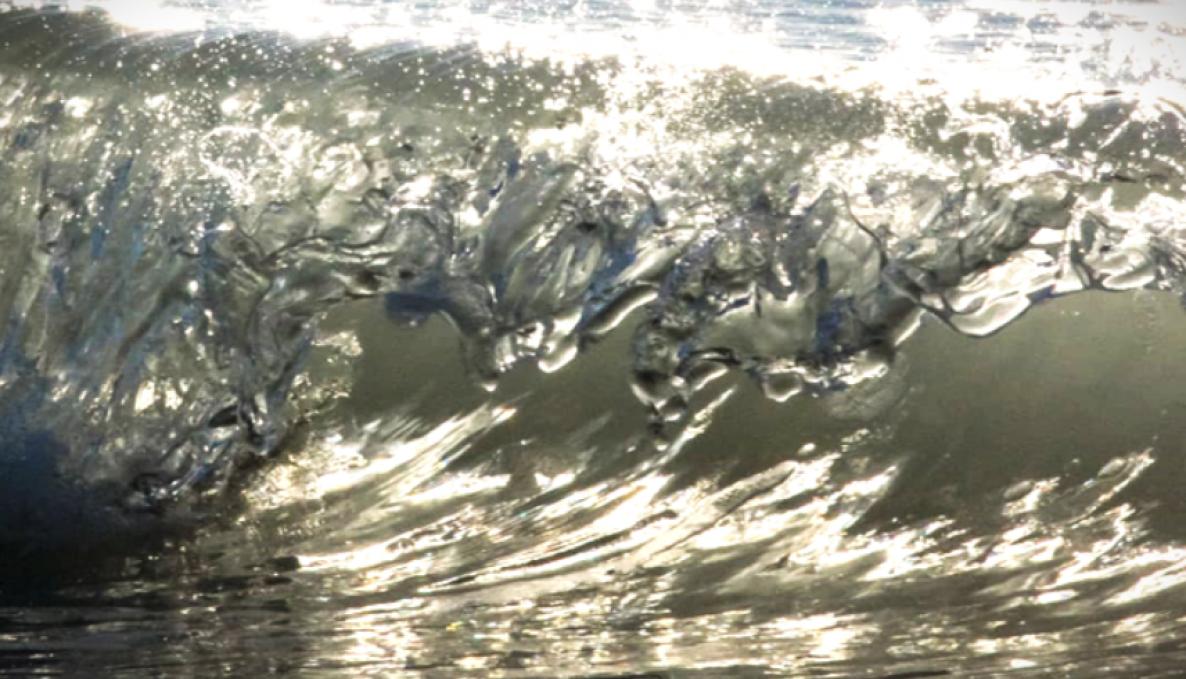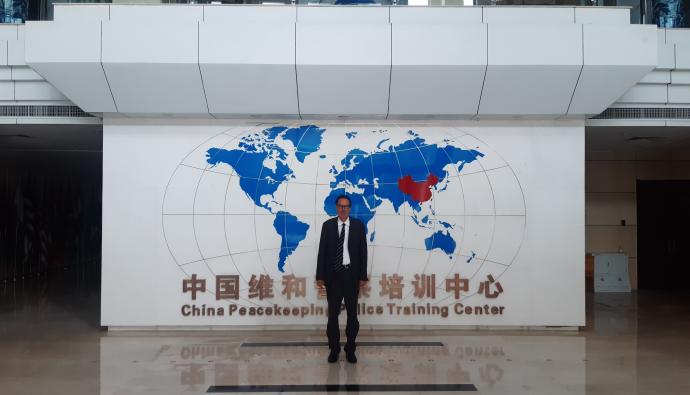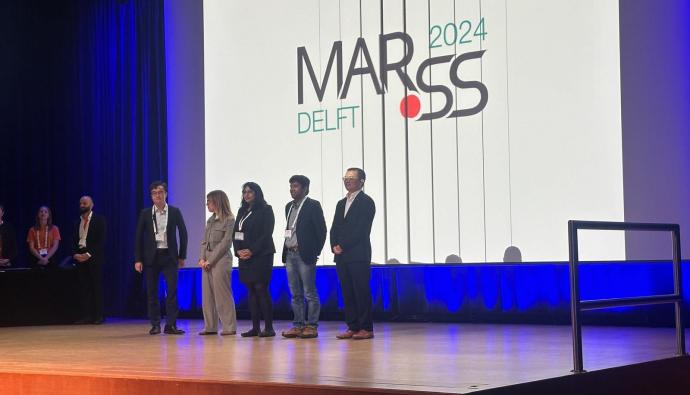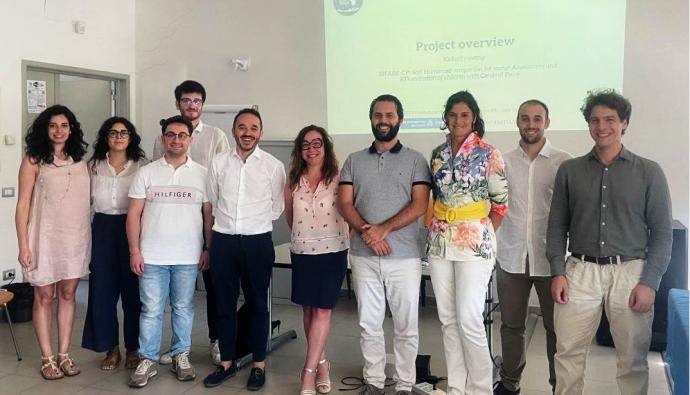Capturing clean and reliable energy from ocean waves in a sustainable and cost-effective way: the Horizon Mega PTO Wave project with the Institute of Mechanical Intelligence at the Sant'Anna School is at the starting line

The world is facing the challenge of transitioning to net zero emissions to combat climate change, requiring a shift from fossil fuels to renewable energy sources. Wave energy represents a large resource with attractive characteristics, but harnessing the power of ocean waves requires innovative and reliable technologies that can withstand harsh marine conditions and provide low-cost energy production.
To address this challenge, the new Horizon research project, “Modular Electrical Generator PTO System For Wave - Mega PTO Wave,” funded by the EU with more than 4 million euros, has been launched to achieve clean and reliable power generation from ocean waves.
The project, led for Sant'Anna School by Marco Fontana, associate professor of applied machine mechanics at the Institute of Mechanical Intelligence, brings together expertise from across Europe to create a system capable of capturing large amounts of predictable energy in a cost-effective and sustainable way. The challenge for the industry is not only to develop efficient systems, but also to consider the life cycle impacts of materials, production, installation, operation and decommissioning.
In the project, an intelligent and scalable system will be built, capable of being easily adapted to the different sea conditions present at different installation sites and able to continue operation even in the event of partial failure.
The system that imparts these characteristics uses modular machines combined with magnetic gears and incorporates adaptable electrical and power electronic technologies. This modularity, combined with the design of advanced control systems based on Artificial Intelligence techniques, will result in a robust system that is easier to manufacture, transport, install, maintain, remove and recycle than current alternatives.
The project, coordinated by Wavec/Offshore Renewables of Lisbon, began May 1, 2024, and will last 48 months. For Sant'Anna School, the project will be led by Marco Fontana's Robotic Mechanisms and Materials research group at the Institute of Mechanical Intelligence, which has already successfully coordinated and participated in numerous national and international research programs in the area of wave energy. This group has developed intelligent mechanisms, structures and materials that integrate functionality for high efficiency, light weight, flexibility and adaptability to the surrounding environment. As part of the project, the group from the Institute of Mechanical Intelligence at the Sant'Anna School will also be responsible for the design of the control system, using optimization and machine learning techniques to maximize throughput and reduce the possibility of system failure.



